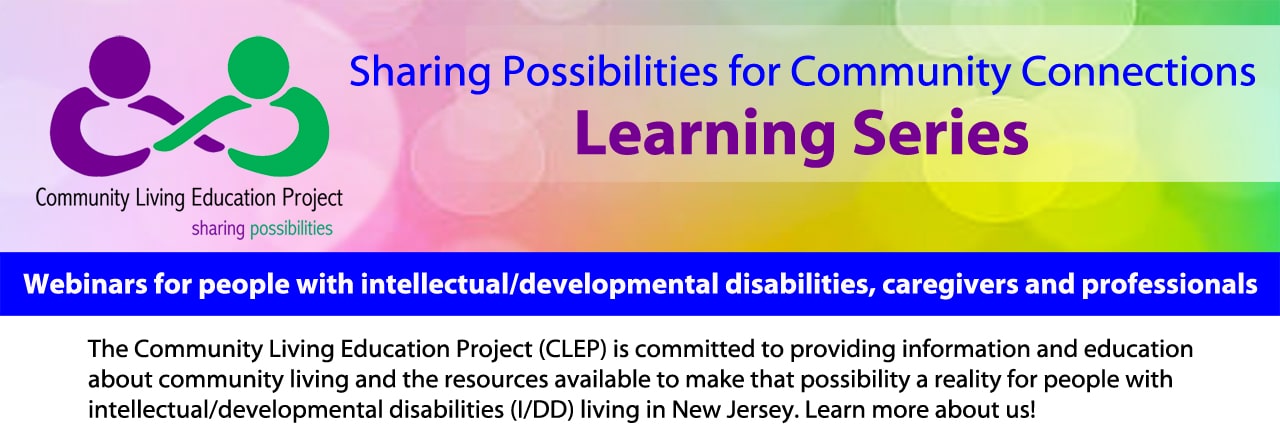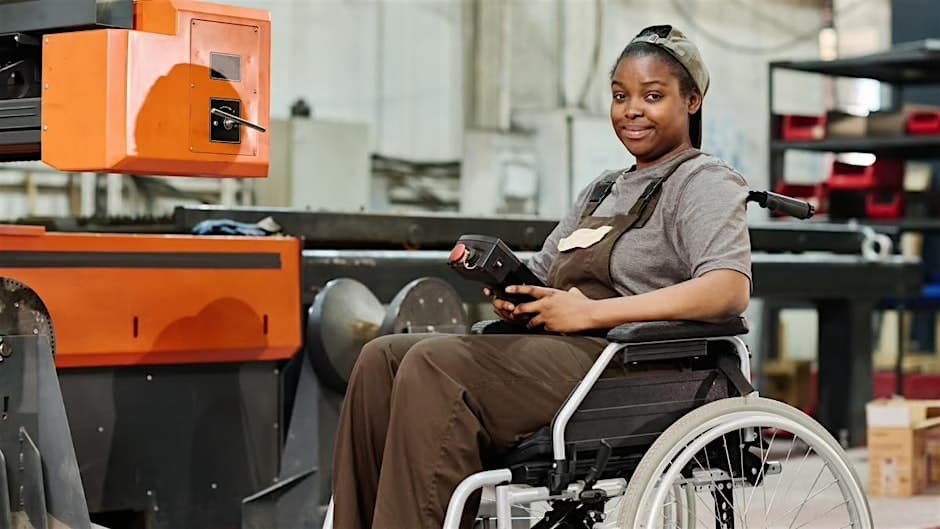Assistive Technology “Open Mic”
Do you have an Assistive Technology question or suggestion? The microphone is all yours! The Community Living Education Project (CLEP) is excited to host FREE 'Assistive Technology Open Mic' webinars in collaboration with The Richard West Assistive Technology Advocacy Center (ATAC). Specialists from ATAC will be available to address assistive technology questions for self-advocates, families, and professionals who support people with an intellectual/developmental disability. Join us to share resources with each other, and to brainstorm assistive technology solutions to better address your needs.




